Along with diet and exercise, sleep is one of the primary pillars of optimal health. Adequate sleep gives your body a chance to repair and maintain organs and tissues and provides your system the rest it needs to detoxify and renew itself properly.
Poor sleep is associated with a number of health conditions, including metabolic, neurological, endocrine, and cardiovascular disorders [1][2][3][4].
What many people don’t realize, however, is how vital sleep is to the maintenance of healthy bones.
In this article, we’ll discuss how your sleep impacts bone health and how you can get more sound sleep to stave off bone degenerative conditions like osteoporosis.
Sleep and Bone Health: A Crucial Connection
Research shows that poor sleep is associated with reduced bone mineral density (BMD), a crucial component of bone health and integrity. In a sample of 11,084 postmenopausal women from the Women’s Health Initiative, a cross-sectional survey showed that women who slept five hours a night had significantly reduced BMD and a higher risk of osteoporosis than women who slept seven hours or more [5].
What’s the connection?
Sleep is vital for the bone remodeling process.
What Is Bone Remodeling?
To fully understand the link between bone health and sleep, you first have to grasp a concept called bone remodeling. Bone remodeling is a process that your bones constantly go through, involving the breakdown and renewal of bone tissue. In simple terms, the bone remodeling process involves the removal of mineralized bone by cells called osteoclasts, followed by the formation of new bone tissue through the actions of cells called osteoblasts.
These two bone cells work together in a back-and-forth dance to keep your bones healthy, strong, and renewed with fresh material. The entire process can be broken down into three phases [6]:
- Resorption – osteoclasts digest old bone tissue
- Reversal – mononuclear cells (from bone marrow) appear on the bone surface to prepare it for osteoblasts
- Formation – osteoblasts lay down new bone tissue
All three components of bone remodeling are equally important to the process, which means that coordination among these cell lines is vital for overall skeletal health.
So, how does sleep impact the process of bone remodeling? That’s what we’ll cover next.
How Sleep Impacts The Bone Remodeling Process
‘Research in humans and animals indicates that poor sleep can directly impact bone remodeling. For example, studies conducted in rats show that inadequate sleep results in abnormal bone formation, decreased osteoblast number and activity, as well as markers for osteoporosis and osteopenia [7].
Other studies indicate that sleep deprivation can impact bone marrow formation. This would also throw a wrench in the bone formation process due to bone marrow’s role in preparing bone for osteoblast activity. Specifically, bone marrow is responsible for producing stem cells that differentiate into osteoblasts [7].
So what is it about sleep that so greatly impacts all of these factors contributing to bone health?
Circadian Rhythm
Your circadian rhythm, which is also known as your body’s internal clock, plays a significant role in the bone remodeling process. While the major circadian clock is located in your brain, thousands of other clocks are located throughout your body, including in your bone cells. In fact, circadian rhythmicity has been identified in osteocytes, osteoclasts, and osteoblasts. This internal clock is regulated by several different hormones and messengers that keep your daily rhythms on track. Every cell in your body has a rhythm, and your circadian clock sets the tone for how and when your cells become more or less active [8].
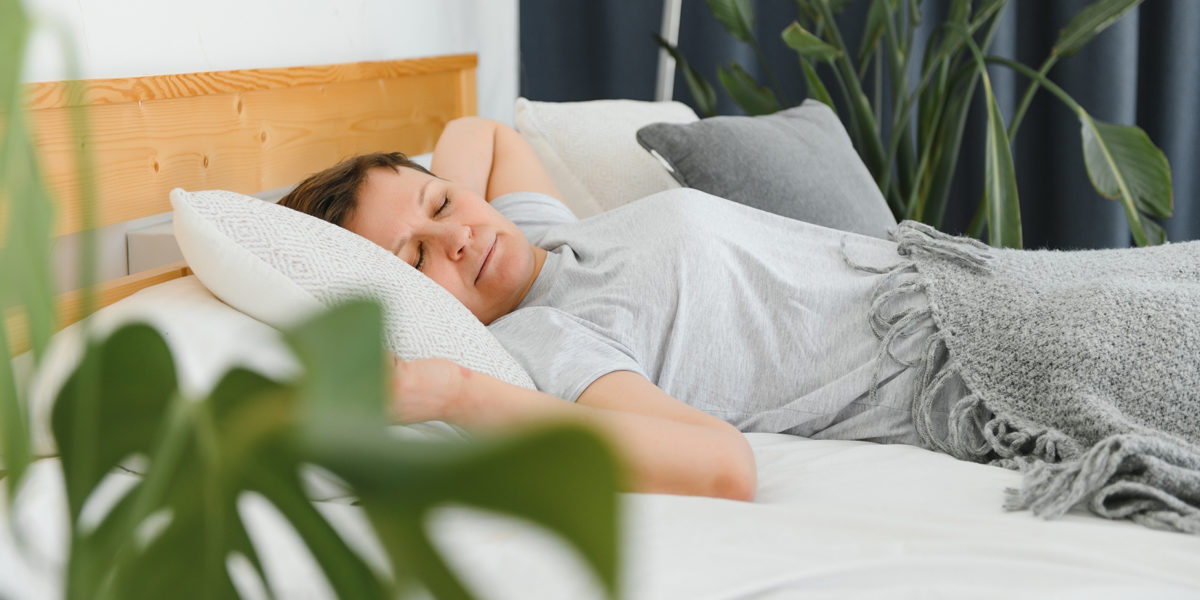
Unsurprisingly, research shows that there is a daily rhythm in bone turnover markers (BTMs), which means that although the bone remodeling process is constantly happening, there are specific times of the day when bone remodeling is more active than others. And you guessed it; one of the most crucial times of day for bone remodeling happens while you sleep.
The responsible party behind your bone remodeling cycle are genes known as clock genes, which exist in all of your bone cells (osteocytes, osteoblasts, osteoclasts). Clock genes work through a complex mechanism that involves a 24-hour cycle of gene activation and deactivation [9][10].
Peripheral clock genes are thought to regulate bone resorption by inhibiting the generation of osteoclasts.
Put simply, when clock genes are active in your bone cells, it’s time to engage in the bone remodeling process; when they are inactive, bone remodeling slows down. Research shows that clock genes are most active overnight, particularly in the latter half of the night during REM (rapid eye movement) sleep. Furthermore, bone turnover markers (BTMs) increase overnight and peak in the early morning, then slowly decrease as the day progresses, dropping to their lowest point in the afternoon [8].
Unfortunately, disruption in your sleep cycle can impact your circadian rhythm and may cause dysregulation of the bone formation process. In other words, if you aren’t sleeping soundly overnight, it may disturb your bone cells’ genetic expression for remodeling [11].
This means that it’s not only important to get enough sleep, but you must get enough sleep during the appropriate hours.
Cortisol
Another factor that may contribute to disturbances in bone health is high levels of the stress hormone cortisol. It’s well documented that poor sleep can result in higher than normal levels of cortisol the following day. If sleep deprivation is a chronic issue, this could lead to regular disruptions in cortisol balance [12].
Research shows that cortisol may negatively impact bone density in a handful of ways, including [13][14]:
- Altering the process of bone turnover (resorption)
- Impairing intestinal absorption of calcium (a vital nutrient for bone mineralization), as well as renal reabsorption
- In premenopausal women, inhibiting reproductive hormones like estrogen, which play a crucial role in bone health
Whether it’s high levels of stress hormones or simply a disturbance in your sleep rhythm, what’s clear is that getting enough sleep at the right time is vital for the longevity of your bones. Unfortunately, getting a solid night of sleep is often much easier said than done.
With that in mind, here are a few tips to help you wind down and sleep soundly throughout the night.
6 Tips For Getting A Good Night’s Sleep
#1 Avoid Electronics
Using electronics like your computer, TV, or phone before bed can stimulate the brain. They also emit blue light, which can cause dysregulation of the sleep hormone melatonin [15].
Staying away from blue light for at least two hours before bed can significantly affect your melatonin production and sleep quality. Instead of watching TV or spending time on your devices, try reading a book before bed to wind down. Fiction books are especially helpful as they activate the imaginative part of your brain, which is conducive to entering a sleep state, as opposed to your logical brain, which can get you thinking and may keep you awake.
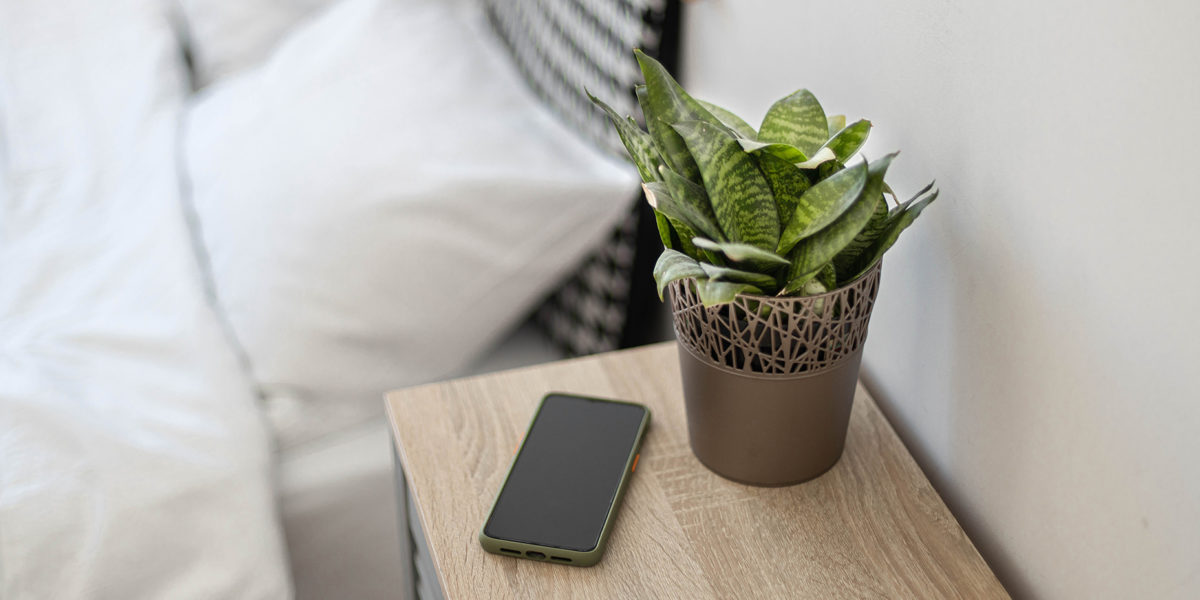
#2 Keep The Lights Low
In step with staying away from electronics, keeping your house lights low can also help to trigger your brain that it’s time to wind down. Many people keep overhead lighting on right up until bedtime. This creates confusion with your hormones and your natural circadian rhythm.
By turning the lights down low, you signal to your brain that it’s nighttime, and therefore your body can start getting ready for sleep. Some people find it helpful to wear blue-light-blocking glasses, blocking light from your devices and overhead lighting. Either way, keeping the lights dimmed in the evening is always a good idea.
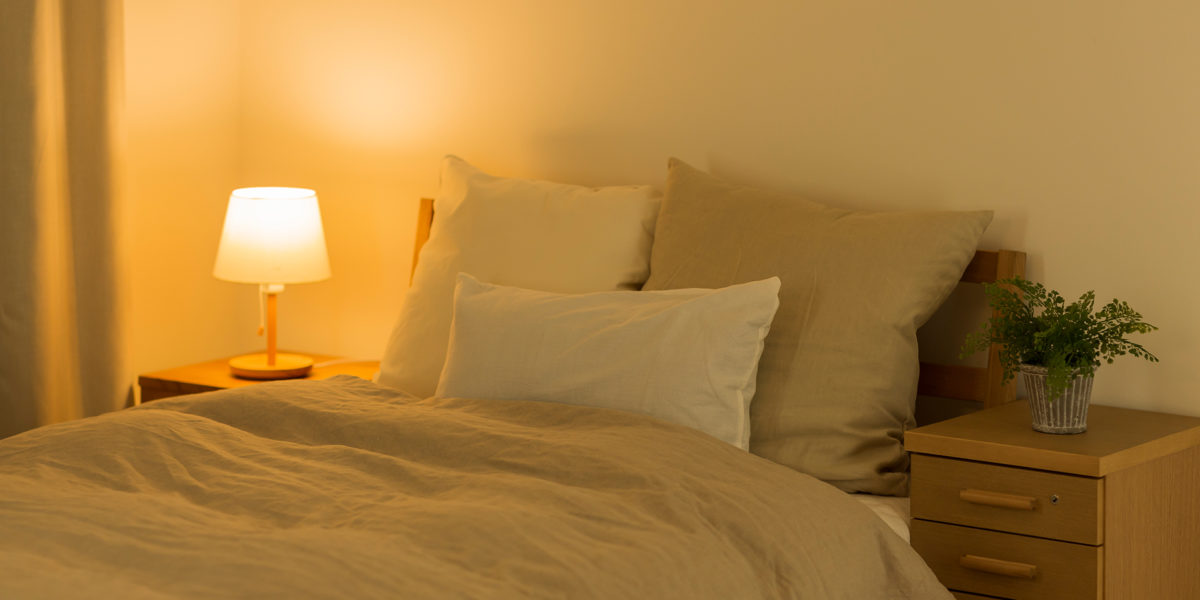
#3 Lower The Temperature In Your Bedroom
Along with hormonal fluctuations, your circadian rhythm also takes into account your body temperature. A couple of hours before it’s time to sleep, your body temperature will naturally drop, signaling that the evening is winding down. This also coincides with an increase in the sleep hormone melatonin.
You can help your body along by turning down the temperature in your bedroom or opening a couple of windows to allow it to cool down. Most sleep specialists recommend a bedroom temperature in the range of 60 to 67 degrees Fahrenheit for optimal sleep [16].
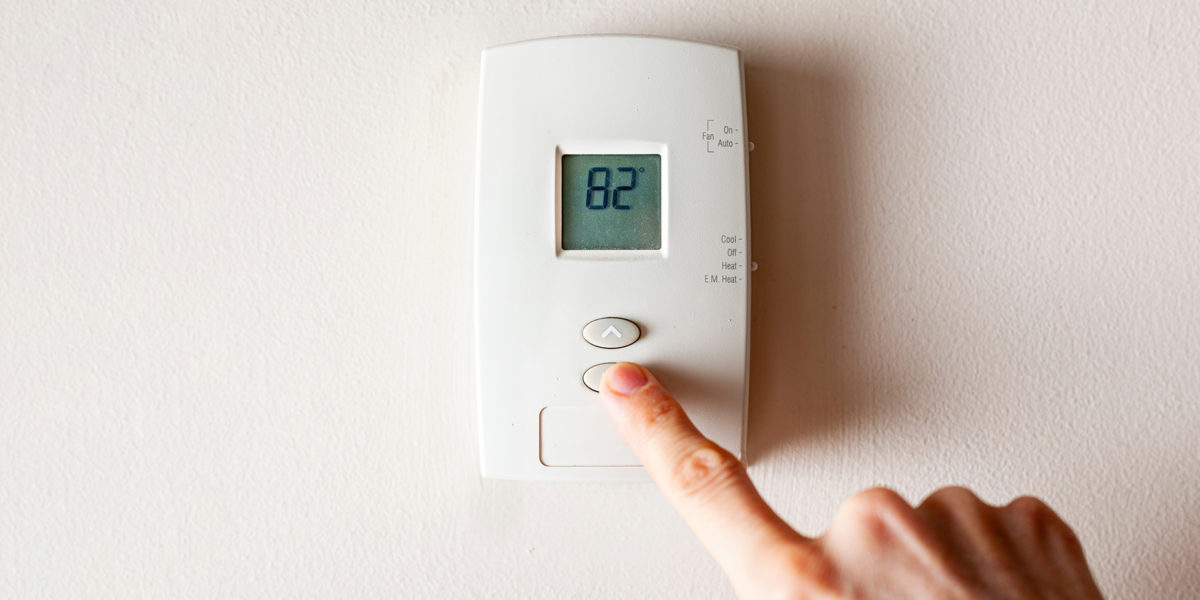
#4 Watch The Late Night Snacking
Two factors that contribute significantly to the maintenance of your circadian rhythm include daylight and food intake. While what you eat can have a profound impact on your health, the timing of your meals is just as important.
In fact, research suggests that meal timing may be one of the contributing factors to metabolic diseases like type 2 diabetes [19].
Food intake increases the activity of the sympathetic nervous system, which wakes your body up instead of preparing it for sleep.
Furthermore, studies show that irregular eating patterns can cause dysregulated circadian rhythms in your bone cells[20].
Ideally, you’ll no longer be digesting your last meal by the time you go to bed. As long as there’s food in your stomach, your body will be hard at work trying to break it down and absorb it. When you try to go to bed mid-digestion, it can cause disturbances in your ability to fall asleep and also create digestive issues.
If you tend to get hungry before bed, then allow yourself to have a light snack a couple of hours before you go to sleep, but try to stop eating at least two hours before bed, and ideally four hours.
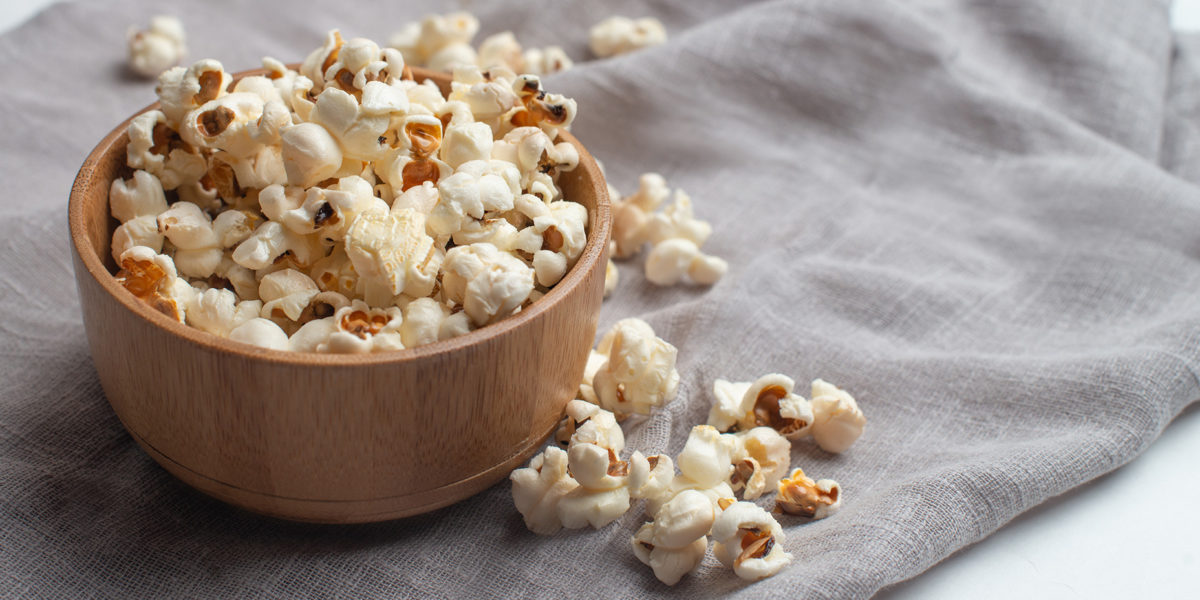
#5 Set A Regular Schedule
As you’ve learned, your body loves rhythms, and your circadian clock works best when you follow what your body tells you to do. Sticking to a regular sleep schedule will train both your body and mind and over time, you’ll naturally become more tired around your designed bedtime.
Ideally, bedtime will be somewhere between 9 pm and 11 pm. Your circadian clock likes you to be in bed by 11 pm, and many people find that when they stay up past this time, it can become even more difficult to fall asleep. If you find yourself yawning at 9:30 pm, don’t push past those signals – ride that wave and get in bed while your body is primed for sleep.
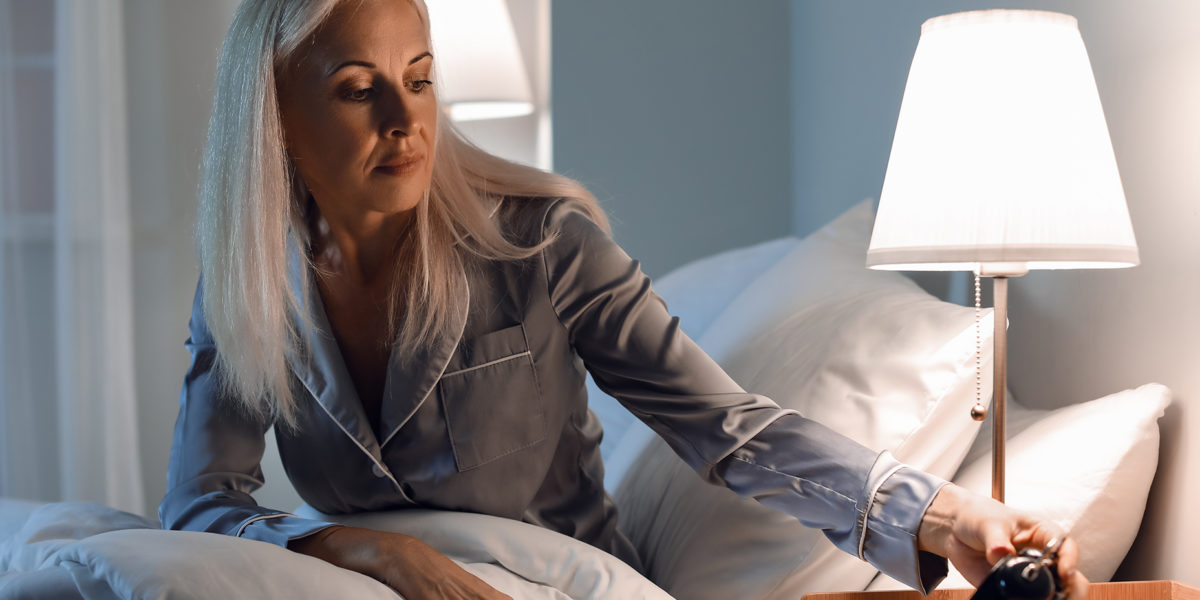
#6 Increase Physical Activity
Incorporating regular exercise into your daily routine is one of the best ways to reset your circadian rhythm and promote restful sleep. With that being said, timing is everything.
Since exercise can briefly increase cortisol levels, the best time for a workout is mid-morning, about an hour after eating breakfast. In the early hours of the morning cortisol is naturally already peaking, and late night workouts may stimulate unwanted cortisol before bed [17].
In postmenopausal women, research shows that the ideal exercise routine to increase bone formation includes a pre-exercise meal, followed by 40-45 minutes of fairly high intensity walking on level ground or downhill. Again, timing is everything here and mid-morning is the ideal time of day to get moving when you want to inhibit bone resorption.
While exercise is what primarily stimulates an anabolic effect on bone, the pre-exercise meal provides the nutrients to facilitate the workout and bone formation. The research also shows that if the exercise is too high in intensity it can increase parathyroid hormone (PTH) release, which will accelerate the loss of calcium from your bones and contribute to bone resorption. Therefore, a moderate intensity workout should be your goal [18].
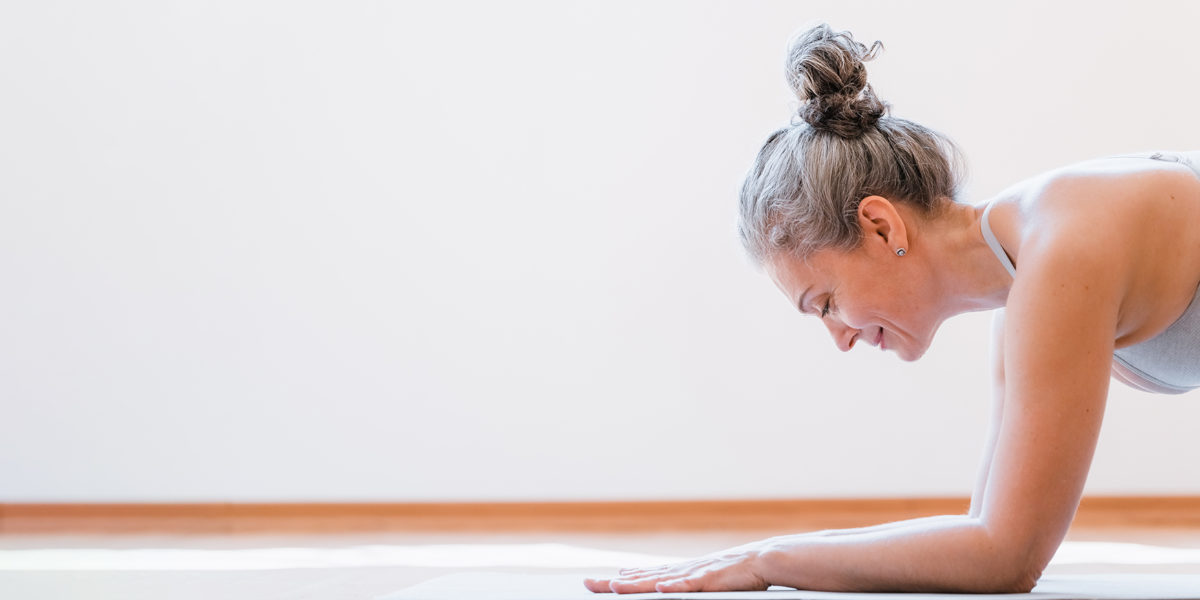
Takeaway
Many factors contribute to healthy bones, but sleep may be one of the most important.
Of course, consuming a healthy diet and getting regular movement in will give your bones what they need to stay strong, but if you aren’t providing your body with the rest it requires for bone remodeling, you may still run into issues.
If you have trouble with sleep, take the time to honor your sleep schedule and try some of the practices mentioned in this article.
For more information on bone health and healthy living, sign up for our newsletter for regular tips and updates.
References
- Buxton, Orfeu M., et al. “Adverse metabolic consequences in humans of prolonged sleep restriction combined with circadian disruption.” Science translational medicine 4.129 (2012): 129ra43-129ra43.
- Scheer, Frank AJL, et al. “Adverse metabolic and cardiovascular consequences of circadian misalignment.” Proceedings of the National Academy of Sciences 106.11 (2009): 4453-4458.
- Wittert, Gary. “The relationship between sleep disorders and testosterone.” Current Opinion in Endocrinology, Diabetes and Obesity 21.3 (2014): 239-243.
- Goel, Namni, et al. “Neurocognitive consequences of sleep deprivation.” Seminars in neurology. Vol. 29. No. 04. © Thieme Medical Publishers, 2009.
- Ochs‐Balcom, Heather M., et al. “Short sleep is associated with low bone mineral density and osteoporosis in the women’s health initiative.” Journal of Bone and Mineral Research 35.2 (2020): 261-268.
- Hadjidakis, Dimitrios J., and Ioannis I. Androulakis. “Bone remodeling.” Annals of the New York academy of sciences 1092.1 (2006): 385-396.
- Everson, Carol A., Anne E. Folley, and Jeffrey M. Toth. “Chronically inadequate sleep results in abnormal bone formation and abnormal bone marrow in rats.” Experimental biology and medicine 237.9 (2012): 1101-1109.
- Swanson, Christine M., et al. The importance of the circadian system & sleep for bone health.” Metabolism 84 (2018): 28-43.
- Takarada, Takeshi, et al. “Bone resorption is regulated by circadian clock in osteoblasts.” Journal of Bone and Mineral Research 32.4 (2017): 872-881.
- Fujihara, Yuko, et al. “Glucocorticoids mediate circadian timing in peripheral osteoclasts resulting in the circadian expression rhythm of osteoclast-related genes.” Bone 61 (2014): 1-9.
- Song, Chao, et al. “Insights into the role of circadian rhythms in bone metabolism: a promising intervention target?.” BioMed research international 2018 (2018).
- Leproult, Rachel, et al. “Sleep loss results in an elevation of cortisol levels the next evening.” Sleep 20.10 (1997): 865-870.
- Bedford, Jennifer L., and Susan I. Barr. “The relationship between 24-h urinary cortisol and bone in healthy young women.” International journal of behavioral medicine 17.3 (2010): 207-215.
- Chiodini, I., et al. “Skeletal involvement in adult patients with endogenous hypercortisolism.” Journal of endocrinological investigation 31.3 (2008): 267-276.
- Shechter, Ari, et al. “Blocking nocturnal blue light for insomnia: A randomized controlled trial.” Journal of psychiatric research 96 (2018): 196-202.
- https://www.sleepfoundation.org/bedroom-environment/best-temperature-for-sleep
- Haupt, Sandra, et al. “Eat, train, sleep—retreat? Hormonal interactions of intermittent fasting, exercise and circadian rhythm.” Biomolecules 11.4 (2021): 516.
- Zheng, Qingyun, et al. “Anabolic Bone Stimulus Requires a Pre-Exercise Meal and 45-Minute Walking Impulse of Suprathreshold Speed-Enhanced Momentum to Prevent or Mitigate Postmenopausal Osteoporosis within Circadian Constraints.” Nutrients 13.11 (2021): 3727.
- Asher, Gad, and Paolo Sassone-Corsi. “Time for food: the intimate interplay between nutrition, metabolism, and the circadian clock.” Cell 161.1 (2015): 84-92.
- Kawai, Masanobu, et al. “Sympathetic activation induces skeletal Fgf23 expression in a circadian rhythm-dependent manner.” Journal of Biological Chemistry 289.3 (2014): 1457-1466.
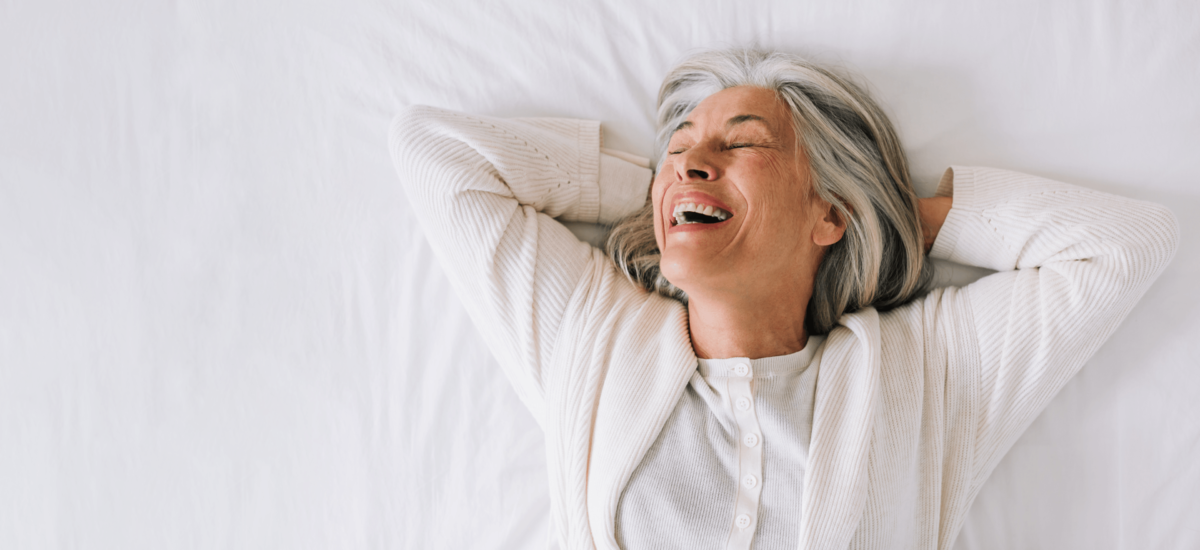
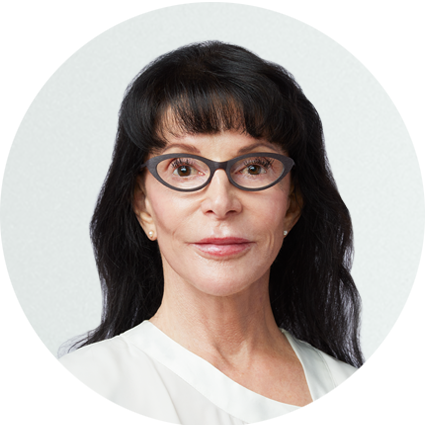




Johnnie Purifoy
November 19, 2022 , 12:08 pmSo when is the best time for strength building excercise ?